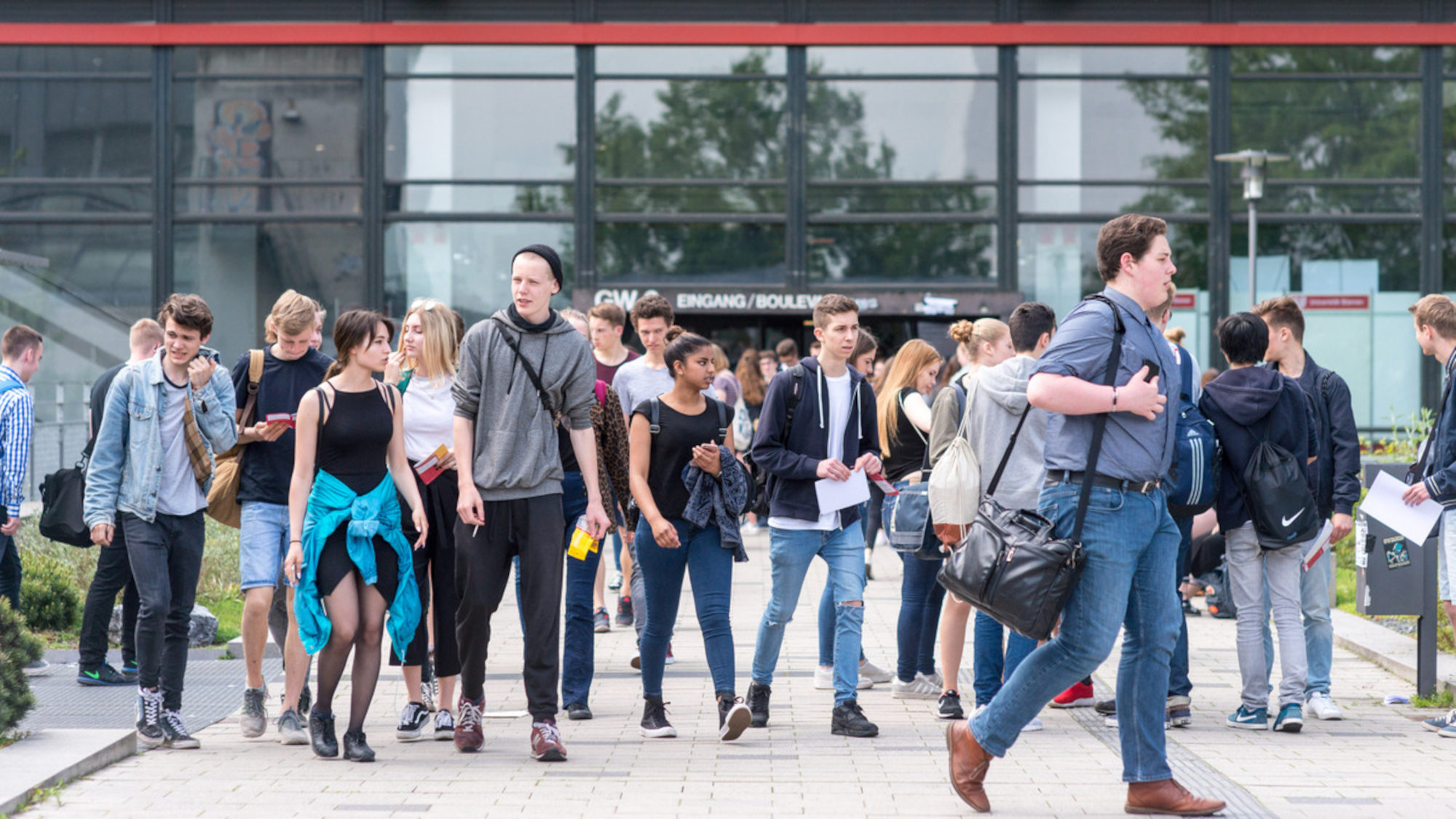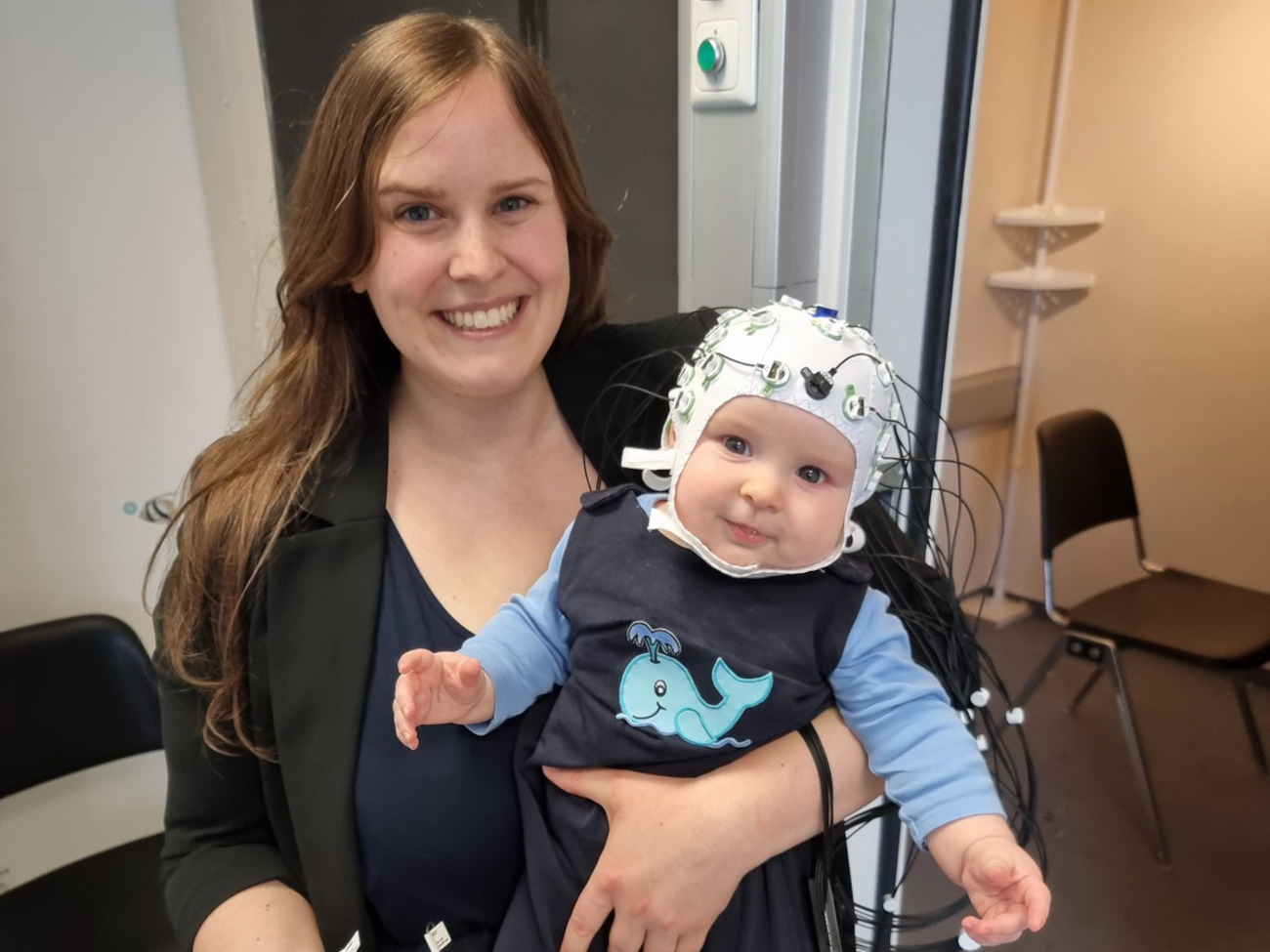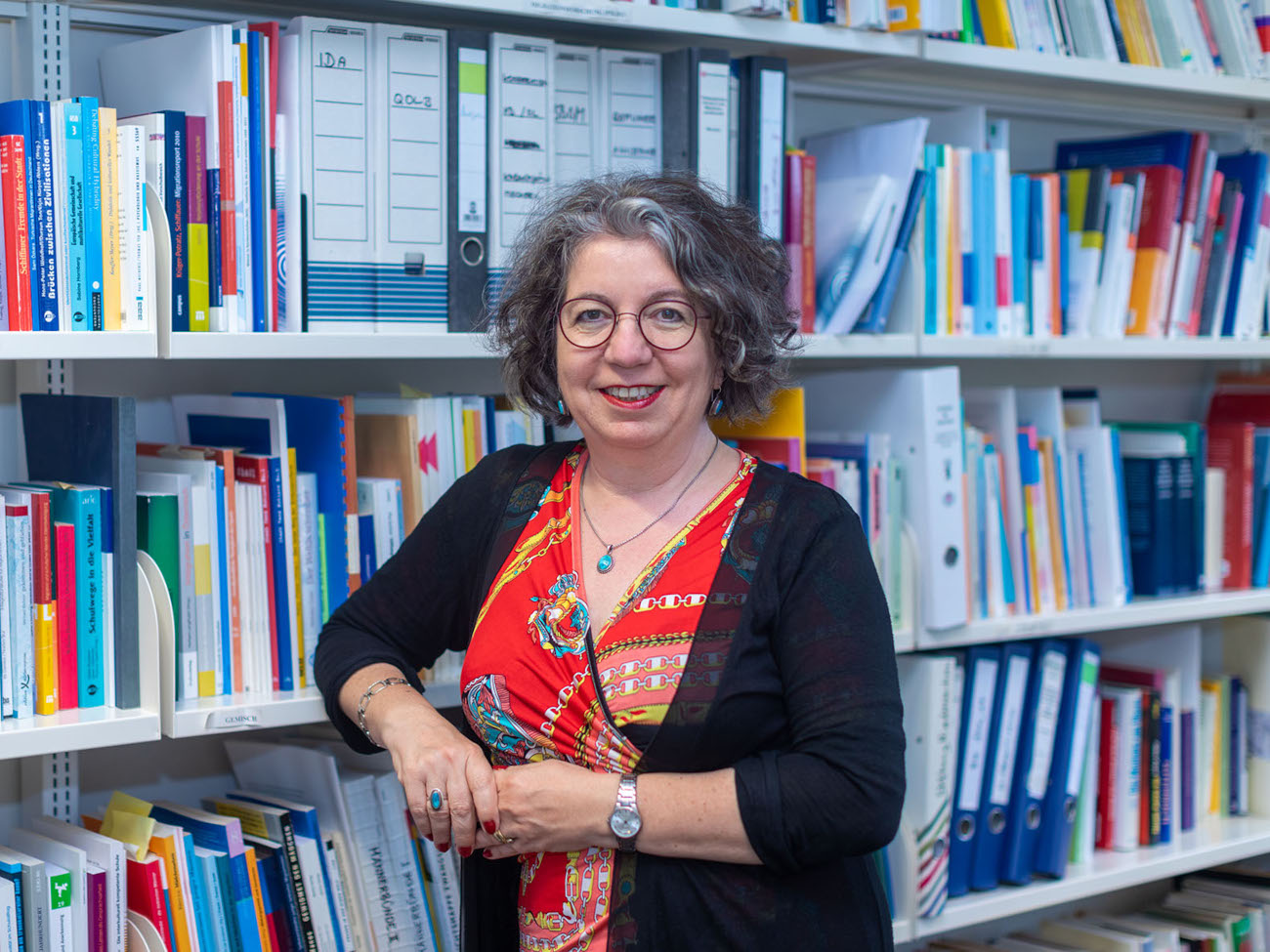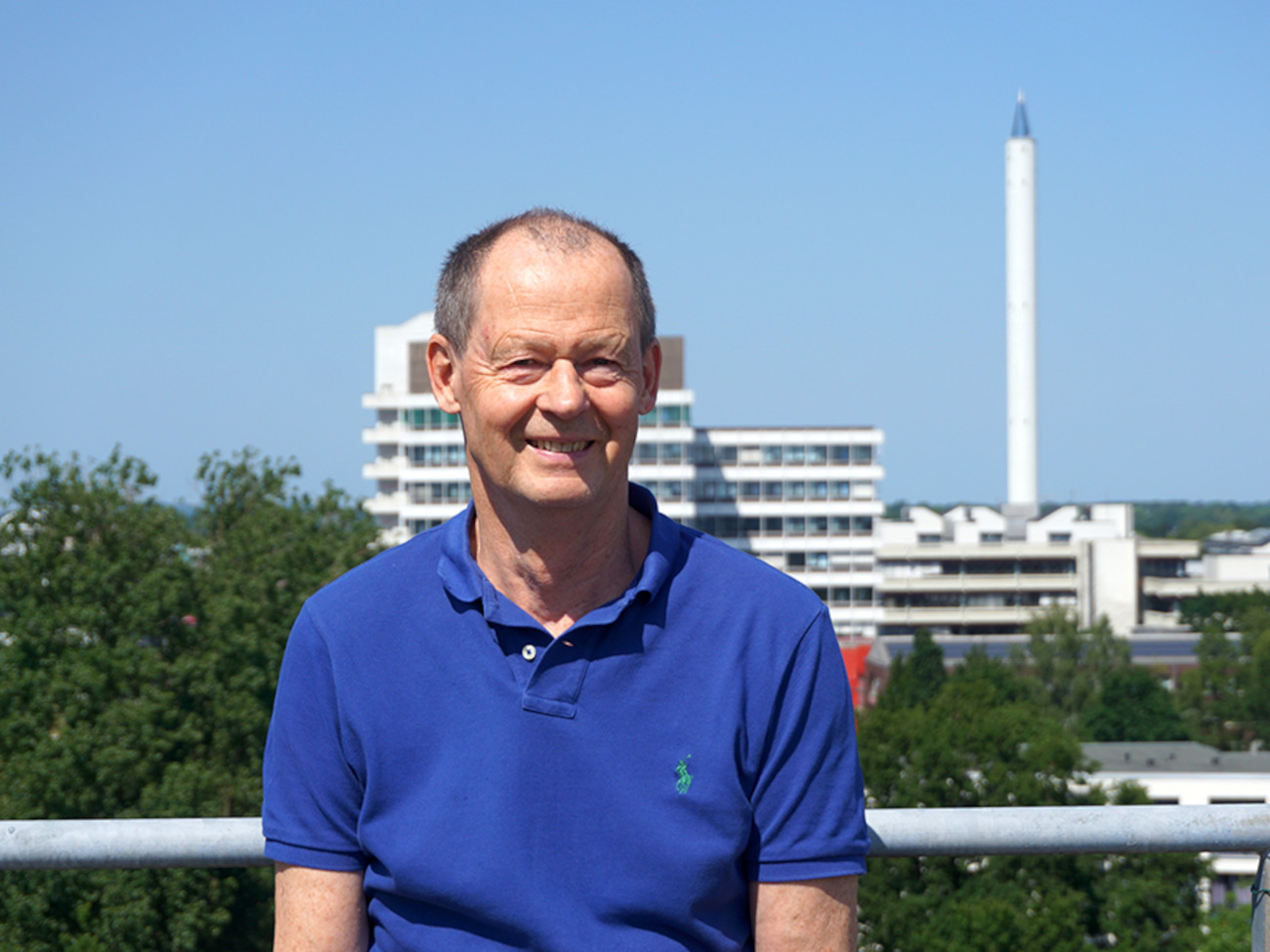
© Michael Ihle
“Enjoy Your Undergraduate Experience!”
How professors look back on their own undergraduate experience
Everyone started out as a first-year student – including the professors at the University of Bremen. We asked three of them: How did they choose their majors, what are their fondest memories of their time at university, and what advice would they like to pass on to new students?
Louisa Kulke, Professor in Developmental and Educational Psychology

© Louisa Kulke
What was your major subject and why did you chose it?
I graduated in psychology at the University of Göttingen from 2009 to 2012, and then went on to do a PhD in psychology and neuroscience at University College London. I was fascinated by the brain. How is it possible for us humans to think and how do so many impressions and ideas arise through neural connections?
What do you remember particularly fondly from your student days?
Many things come to mind: Student flat parties, barbecues by the lake, or after-exam celebrations in the pub. I also fondly remember the coffee breaks friends and I shared when we had been studying at the library together. And last but not least, I met my husband at university.
If you could start your degree all over again today, which subject would you choose?
Computer science or medicine, because both subjects are interesting for my daily work. In my research, especially in neuroscience, I often have to do programming. And medicine provides background knowledge.
What advice would you like to pass on to the new students?
Enjoy your undergraduate experience! Especially in psychology, there is a lot of pressure to earn good grades. Nevertheless, it would be a shame to miss out on student life with parties and celebrations. I also recommend attending courses simply out of interest, even if they are not part of the mandatory curriculum.
Yasemin Karakaşoğlu, Professor for Intercultural Education

© Matej Meza
What was your major and why did you chose it?
From 1984 to 1991, I pursued a degree in Turkish studies, political science, and German studies in Hamburg. The fact that I chose Turkish studies as a major also had something to do with my search for identity. My father comes from Turkey, and I lived there as a child. In later years, I still enjoyed being there and was fascinated by Turkish culture. But when people in Germany talked about Turkey, they were almost always negative. I wanted to counteract this with my studies. I tried many minor subjects, but in the end, I stuck with political science and German studies: I am a political thinker, and German studies gave me the tools I needed to interpret Turkish literature.
What do you remember particularly fondly from your student days?
We were just a small group of students in Turkish studies and a tight-knit community. Our connection with the professor, who taught almost all of the classes, was very personal. I also have fond memories of all-nighters by the Alster river and parties in the garden of our institute.
If you could start your degree all over again today, which subject would you choose?
In principle, I would choose Turkish studies again today. However, I studied the subject at a time when postcolonial criticism was only slowly establishing itself. The view of Turkey was still strongly influenced by the West. Today, I would more consciously look for an environment that challenges this view. From today’s perspective, I could well imagine sociology and philosophy as minor subjects, because they provide many theoretical foundations for my work in education.
What advice would you like to pass on to new students?
Follow your own interests when choosing your degree subjects. Many aspects of our work will be taken over by AI in the future. This makes it all the more important for us to empower ourselves to think critically. This is what makes studying so worthwhile! At times, it also means working your way through some rather cumbersome or dry topics. In the end, it pays off.
Prof. Dr. Justus Notholt, Professor for Remote Sensing

© Universität Bremen
What was your major and why did you chose it?
From 1979 to 1985, I pursued a degree in physics in Göttingen and Kassel. I started in Göttingen, but I didn’t feel very comfortable there. That’s why I dropped out of my program after one semester and started working in a car repair shop. I then went on to graduate in Kassel. Physics has always fascinated me, and I even read my high school physics books in my spare time. But I could have equally imagined pursuing an engineering degree.
What do you remember particularly fondly from your student days?
A research stay in New Zealand during my doctorate. I was there for three months. I worked long hours there too, but it was wonderful to get out and see something new. The scenery was fascinating and I met many interesting people. In fact, I’m still in touch with some of them.
If you could start your degree all over again today, which subject would you choose?
Bionics – the combination of physics and biology. As far as I know, when I was a student there was only one professorship in this field of science German-wide. Today it is more common. I am fascinated by how we can learn from nature. The interdisciplinary relationships between physics, biology, and chemistry have always appealed to me.
What advice would you like to pass on to the new students?
Many things become easier and more feasible when you exchange ideas with your fellow students. Then you realize that you are not alone with your problems. For many, the first year of a physics degree is hard. But if you’re interested in the program, it is worth sticking with it. If necessary, you can repeat the first semester; it’s not the end of the world.